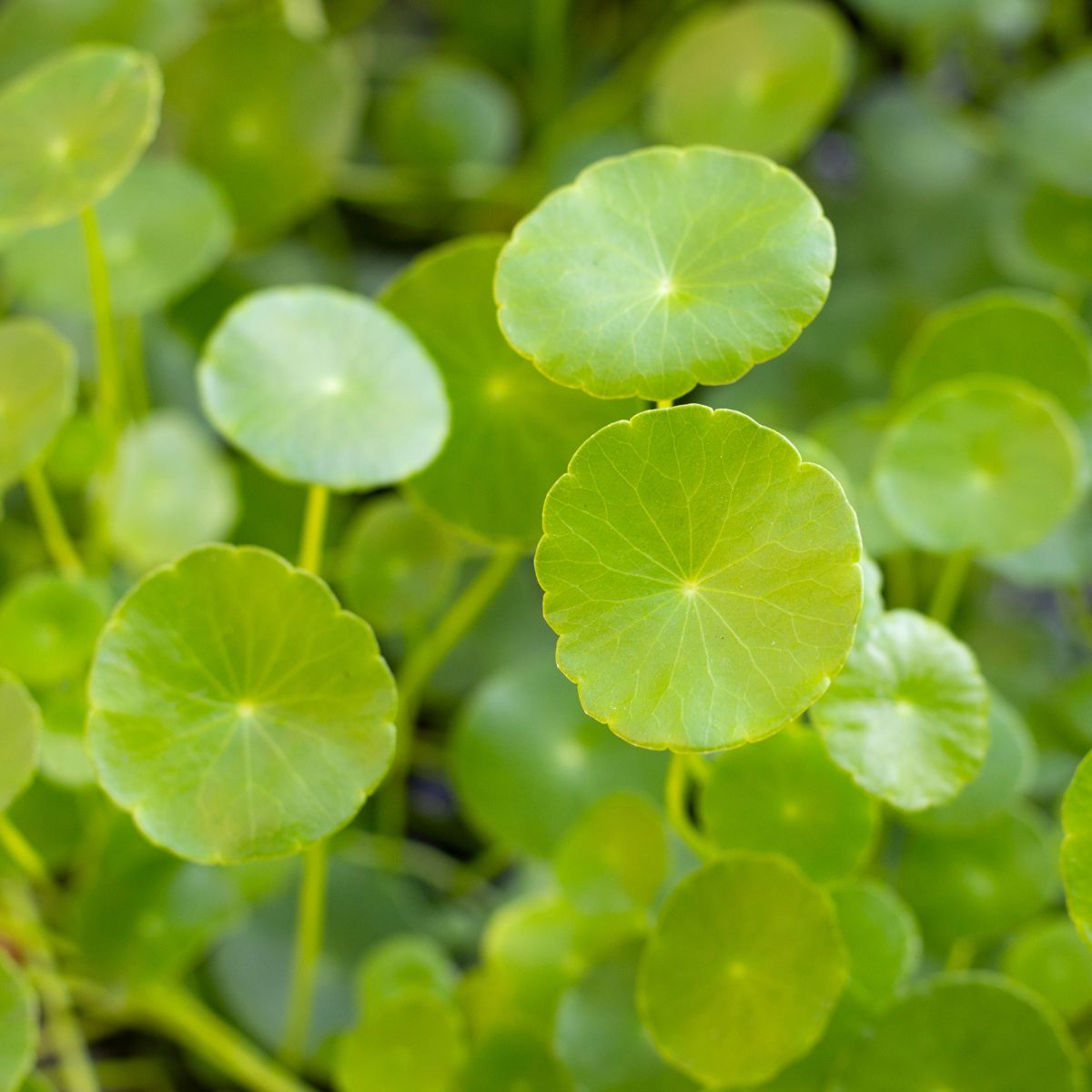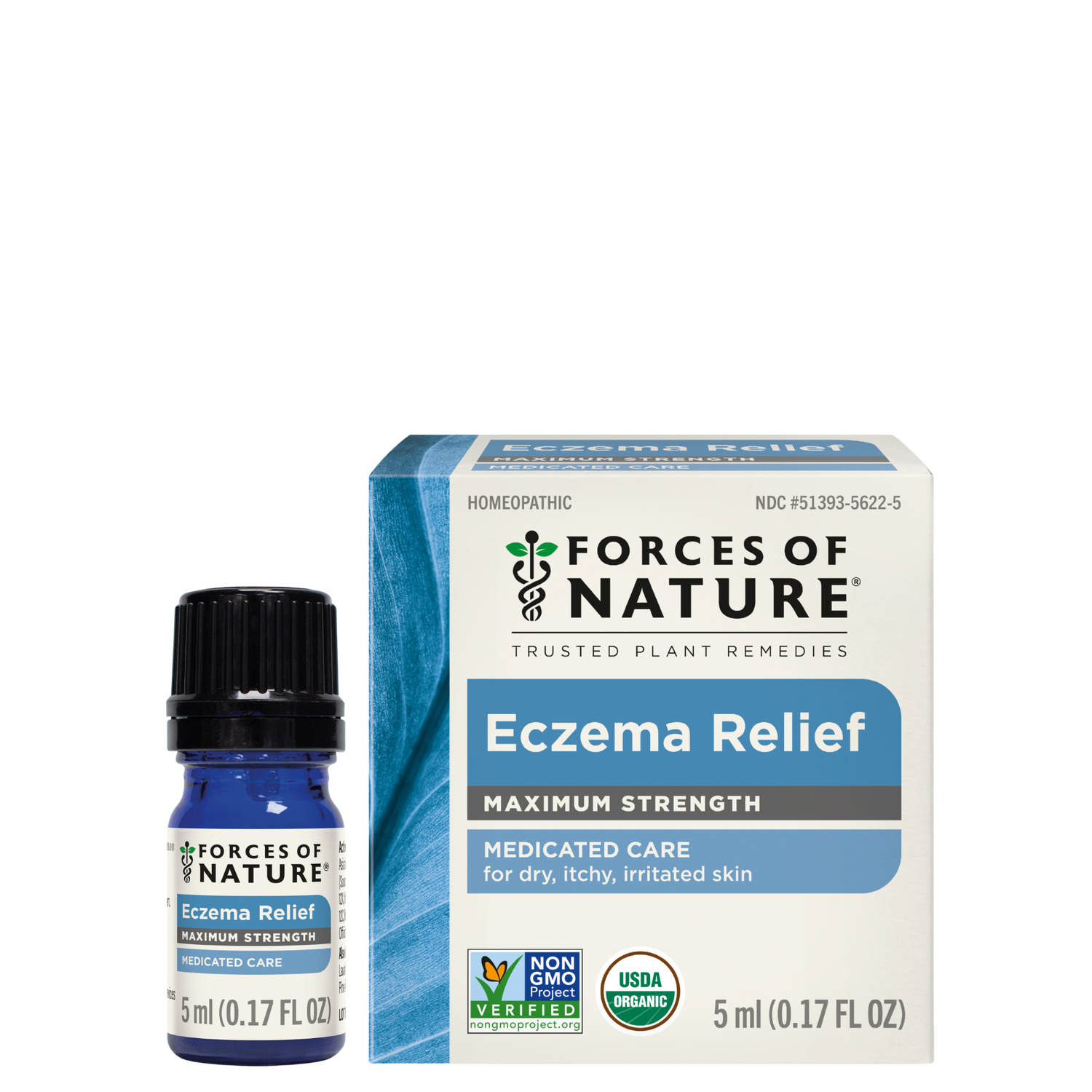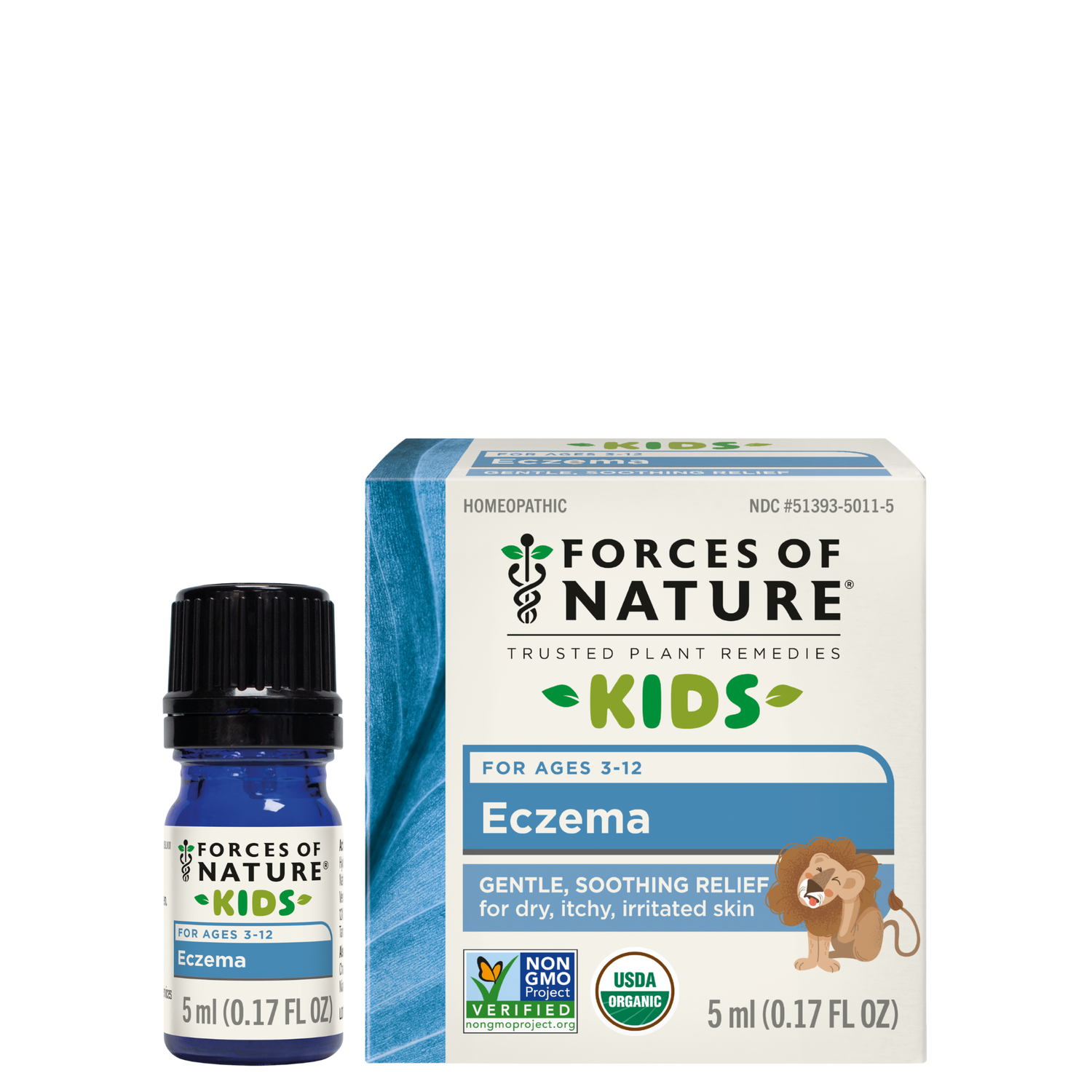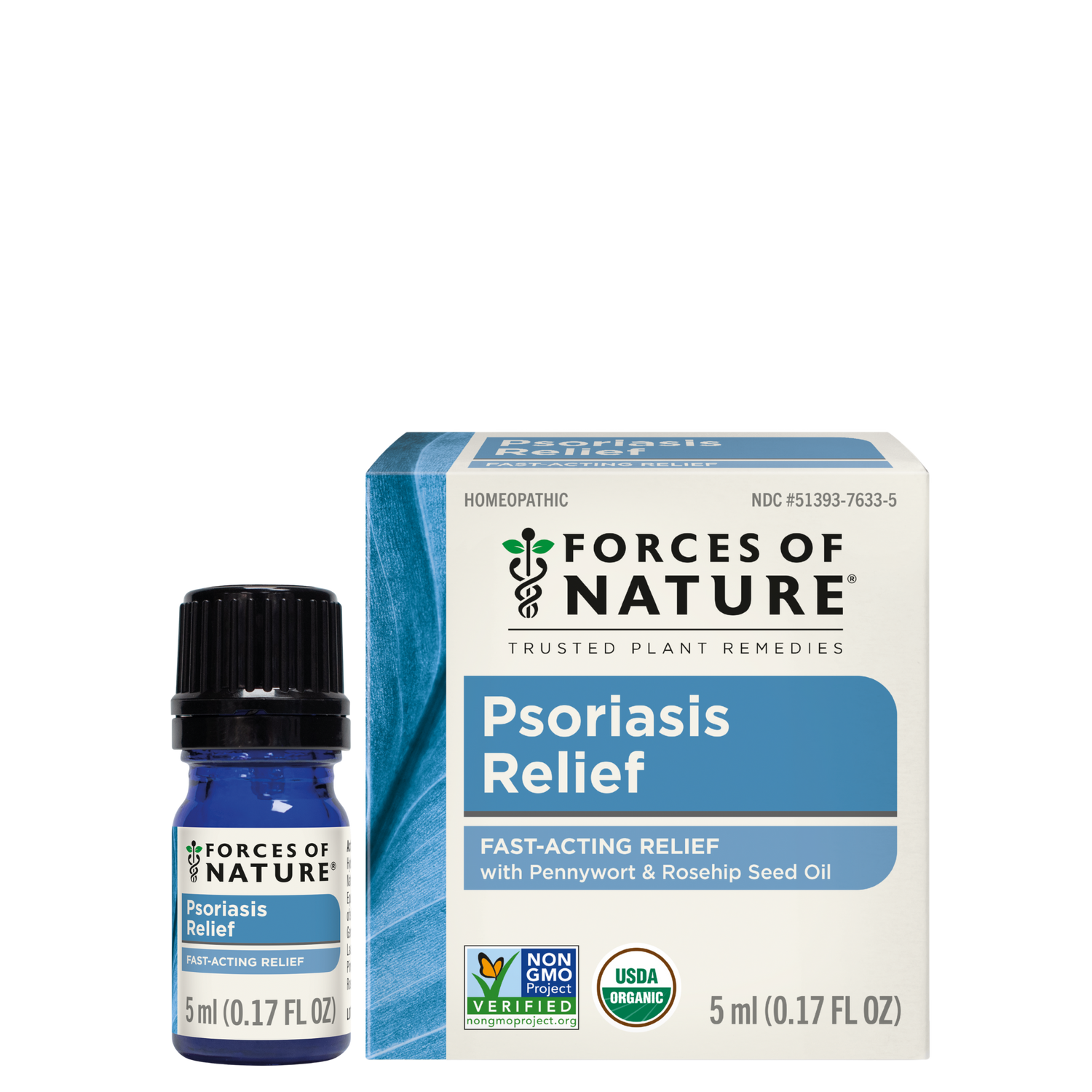

10% OFF Your First Order
Free USPS Ground Shipping on $49+ (Excl AK, HI)
Customizable Subscription Options!
90-Day Money-Back Guarantee
$6 Flat Rate USPS Ground Shipping

COMMON NAME
Gotu kola in Sinhala language, Indian pennywort and Asiatic pennywort
FAMILY NAME
Apiaceae
ACTIONS
Gotu kola is an adaptogen, alterative, detoxifier, relaxant nervine, diuretic, peripheral vasodilator, antibiotic, nervous system tonic, CNS relaxant, anti-rheumatic, vulnerary, venotonic, keratolytic, anti-mycobacterial, anti-inflammatory, bitter, digestive, laxative, connective tissue builder and dermatological builder.

This remedy is a game changer! As someone who dealt with minor, seasonal eczema flares for most of my adult life, I found myself with a horrible outbreak on the palm of my hand for the first time this part winter. My tried and true remedies barely helped, and then I found this!! It is the only thing keeping it under control and my hand is 98% back to normal. I can't thank you enough!!

Great product, don't need cortizone anymore for my daughter. totally recommend it.

I ordered this for my psoriasis scalp which was itching, dry and tight . I really didn't expect much, but holy moly, it stopped all the dry itching and i felt instant relief after showering and washing my hair. My only regret is i can't afford to pay so much for a tiny bottle like that. Wish it were not so expensive, or it was larger amount for the price.
Your cart is currently empty.
Not sure where to start?
Try these collections:
